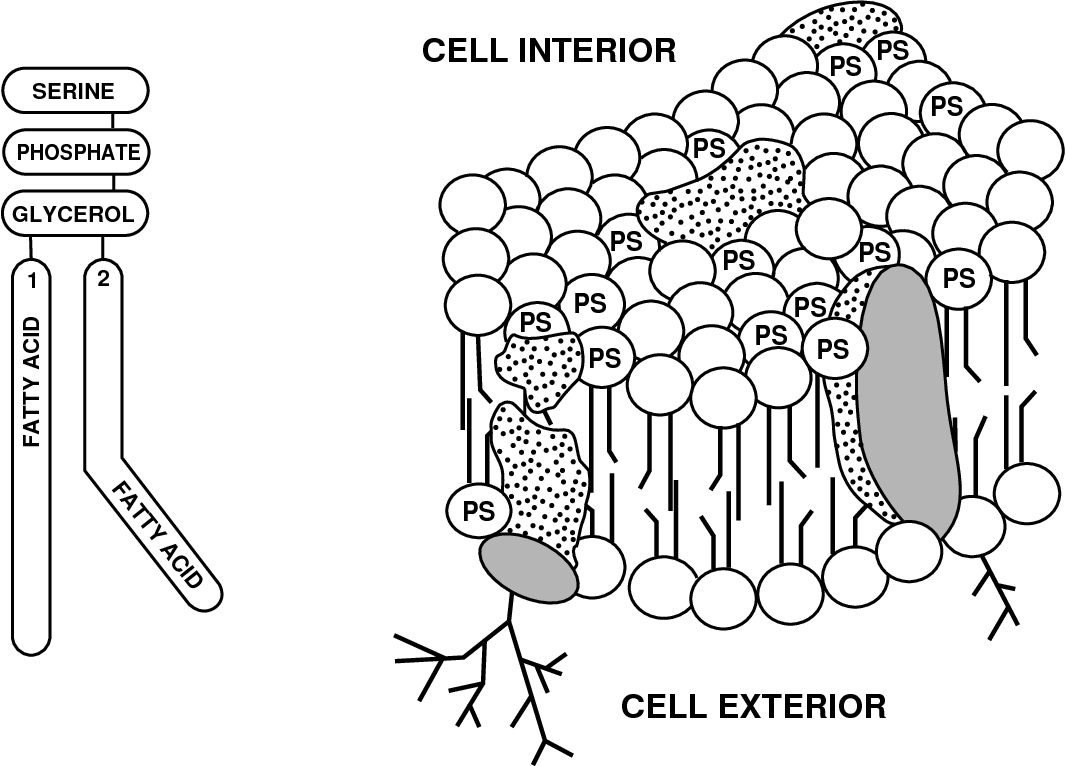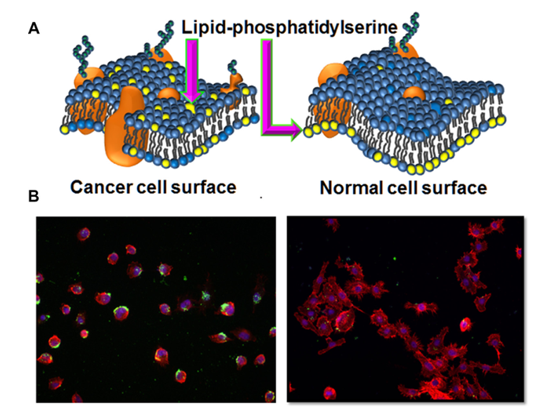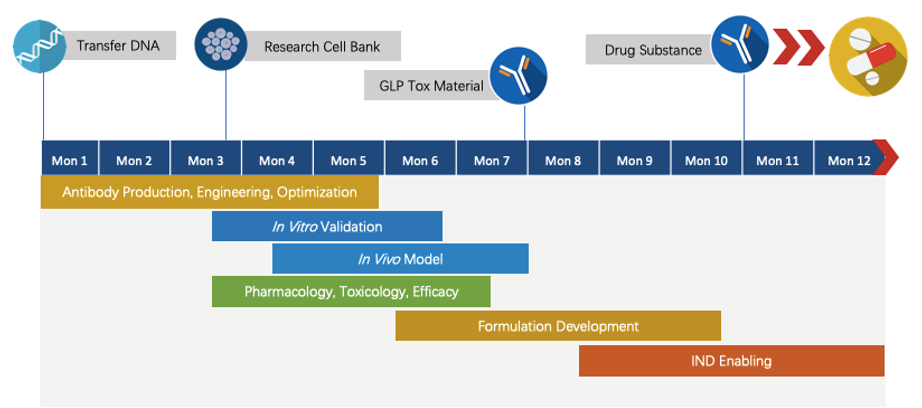Next-IO™ Anti-Phosphatidylserine Monoclonal Antibody Program
About This Program
This program aims to develop anti-phosphatidylserine monoclonal antibody for immuno-oncology.
Many well-known cancer-related molecules have been discovered in recent years, including EGFR, CD44, TGFbRII, HER2, miR-497, NMP22, BTA, fibrin/FDP and the like. These biomarkers are often used for screening, detection, diagnosis, prognosis, prediction, and monitoring of cancers. Although there are different biomarkers for different cancer cell types, phosphatidylserine (PS) biomarkers can target many types of cancer.
Studies have shown that oxidative stress causes PS to be exposed to the vascular endothelium surface of cancer cells (lung cancer, breast cancer, pancreatic cancer, bladder, skin, brain metastasis, rectal adenocarcinoma, etc.) but not on normal cells. Enhanced expression of PS on cancer cells inhibits dendritic cell maturation, reduces cytotoxic T cells, and initiates tumor growth. Moreover, PS cancer biomarkers can also be used to target cancer drugs without affecting other healthy cells.  Fig.1 Molecular organization of PS and the inner layer of the cell membrane. (Kidd, 1996)
Fig.1 Molecular organization of PS and the inner layer of the cell membrane. (Kidd, 1996)
Phosphatidylserine
Phosphatidylserine (PS) is a negatively charged phospholipid in all eukaryotic cells that are actively sequestered into the inner leaflets of the cell membrane. PS enhances the metabolism of cellular metabolism and biochemical information by regulating the function of membrane proteins and affecting the fluidity of membranes. PS regulates cellular receptors, enzymes, ion channels, and signaling molecules, directly affecting endocrine and cognitive functions.
Highlight Functions of PS:
-
PS is abnormally exposed in the tumor microenvironment and contributes to the overall immunosuppressive signal that is resistant to the development of local and systemic anti-tumor immune responses.
-
Chemical and radiotherapy further exacerbate PS-mediated immunosuppression in the tumor microenvironment, resulting in elevated levels of PS in dying cells and necrotic tissue.
-
Antibodies that target PS localize to tumors and block PS-mediated immunosuppression. Targeting exposed PS may be a new approach to enhance the immune response to cancer in the tumor microenvironment.
PS in Cancer Studies
Here are some published data about PS molecules as a potential target for cancer immunotherapy.
-
Lipid-PS expression difference between cancer vs normal cells.
 (Desai, 2016)
(Desai, 2016)
-
PC-SA (PS-targeting liposome) Inhibit B16F10 tumor (D) and EAC tumor growth (E, F) as a single agent and in combination with anticancer drugs.
 (Desai, 2016)
(Desai, 2016)
Indication
As described above, PS is highly expressed in various cancer cells (lung cancer, breast cancer, pancreatic cancer, bladder, skin, brain metastasis, rectal adenocarcinoma, etc.). Based on published data, PS biomarkers have been effectively used to target pancreatic cancer, glioblastoma, and lung cancer cells with PS targeting nanovesicles. Therefore, our project has broad prospects for developing PS markers for different diseases.
Clinical Trials under Progress
Currently, several studies of PS biomarker mAbs are undergoing early clinical trials. Since the advantage of PS biomarkers is to target most cancers, PS owns a promising market prospect in the future. In particular, increasing interest has been generated in combining anti-PS with other agents, thus representing a particularly promising approach to achieving greater therapeutic success in cancer immunotherapy.
Program Plan
We have extensive knowledge of end-to-end program development. For each program, we are committed to delivering the final complete program to our clients within 1.5 years prior to entering the IND stage.

Cooperation
Creative Biolabs is looking for potential partners (include but not limit to major pharma or biotech firms) to develop anti-PS monoclonal antibody program together. Our scientists are dedicated to bringing together years of valuable experience to our partner and achieve a meaningful partnership. By doing so, we wish to help both parties to proceed with IND and many stages of clinical trials beyond.
If you are interested, please feel free to contact us so that we can discuss the program and other possible opportunities for cooperation. Look forward to working with you in the near future.
References
-
Kidd, P.M. Phosphatidylserine; membrane nutrient for memory. a clinical and mechanistic assessment. Altern Med Rev. 1996, 1(2): 70-84.
-
Desai, T.J.; et al. Identification of lipid-phosphatidylserine (PS) as the target of unbiasedly selected cancer specific peptide-peptoid hybrid PPS1. Oncotarget. 2016, 7(21): 30678-30690.
-
Sharma, B.; Kanwar, S.S. Phosphatidylserine: A cancer cell targeting biomarker. Seminars in Cancer Biology. 2018, 52: 17-25.
For Research Use Only | Not For Clinical Use


 Fig.1 Molecular organization of PS and the inner layer of the cell membrane. (Kidd, 1996)
Fig.1 Molecular organization of PS and the inner layer of the cell membrane. (Kidd, 1996) (Desai, 2016)
(Desai, 2016)
 (Desai, 2016)
(Desai, 2016)

 Download our brochure
Download our brochure